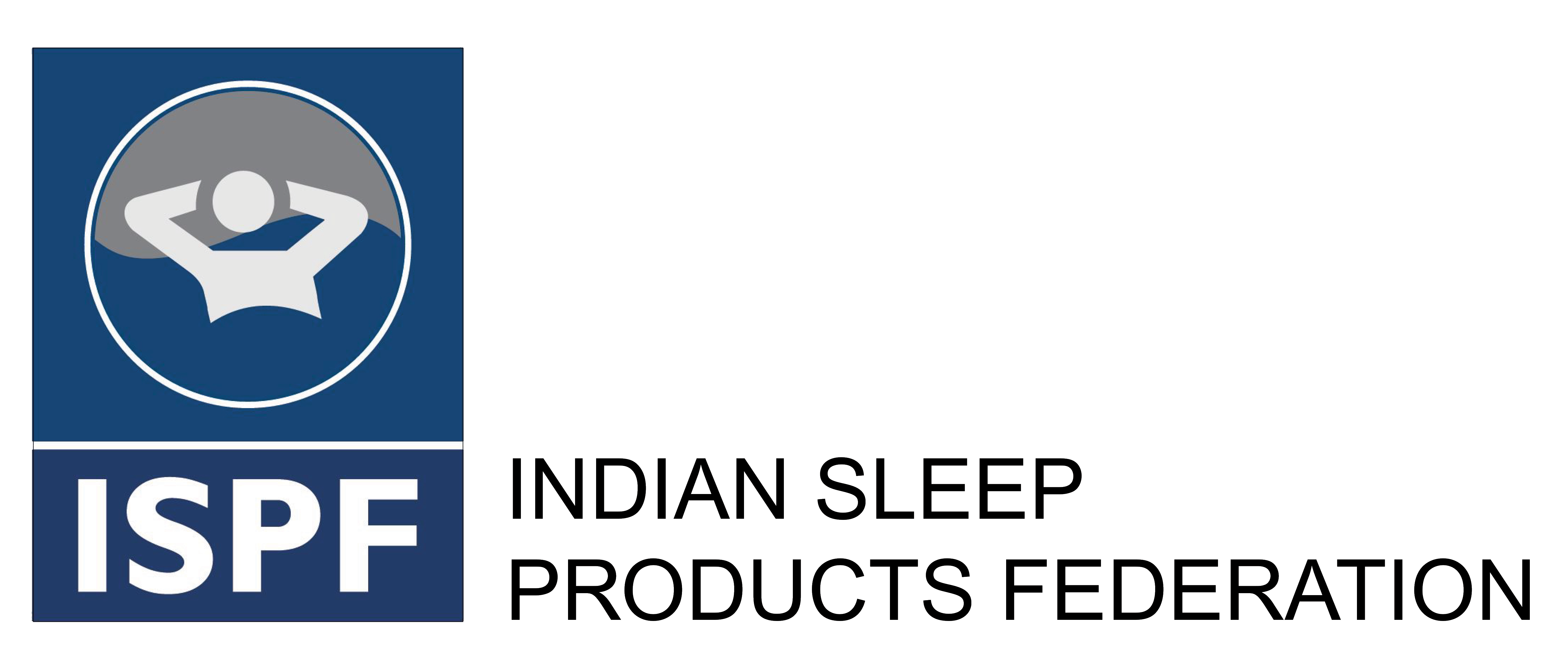
Remember the lovely way Wilson Mizener described it? “The amount of sleep required by the average person is five minutes more.” which led to the rise of experience stores.
Imagine what it is like being in a mattress store? There is a plethora of options to pick from, with most of them looking indistinguishable and equally-boring. There is, perhaps, a salesperson breathing down a customer’s neck. There is no privacy or time to actually sleep on a mattress and experience how it feels.
How can any customer determine the hardness or softness or the real feel and body-compatibility of a mattress – something that is going to define his/her sleep experience – in a store that is nothing short of a shelf?
Guess Neil Saunders, the managing director of Global Data Retail was hitting the nail precisely on its head when he said in a media report: “Many mattress stores are old-fashioned and take a hard approach to selling.”
Saunders pointed out how and why ‘fun’ was the main thing lacking in these stores; and why buying a mattress should not be a dull event even if it is a serious and expensive purchase that consumers are going to use for years. Some players have heard these bells of alarm and opportunity even if old-school mattress sellers have been sleeping.
The New Avatar of a Mattress Store
Look at Sleep Number’s brand-new store in Manhattan. The place is nothing like a typical mattress showroom. There is a lovely dance between technology and a thoughtful, open design flowing here. It is a place where New Yorkers can come and select what they like from an experience context – not from a commodity context.
Something that Casper has also been up to in the USA. Its radical concept called ‘The Dreamery’ is where it has been seen charging $25 for 45-minute naps, and providing fancy pyjamas, Instagram-brand-favorite facewash, and meditative soundtrack plug-ins for people who walk into these stores. It is fine selling a nap over a mattress because eventually, it is going to be about sleep.
Anything and everything from design, to technology accessories to mock bedrooms (complete with duvets, pillows and sheets along with a mattress), aesthetic designs to the luxurious ambience is being tried and invested in by futuristic players. The experience stores that are emerging fast in markets like the USA and the UK are not selling sleep ‘as a product’ anymore. They are selling sleep ‘as an experience’. It is not hard to guess why.
Time for India to Get Out of Bed
Leading Indian players have realized the inevitable power of experience stores. Names like Kurlon and Sleepwell knows the impact and difference that an experience store can usher in. These pioneers have started entering this new playground of experience stores in their continuous pursuit of adding customer-centric innovation in the space. They are strongly exploring this new concept with notable investments and compelling strategies. Sell better sleep. This is what David Perry concluded in his ‘A retail bedding report card’ in 2013 when he graded the shopping experience of mattress buyers. In that report, it was noted that 85 percent customers would return to buy for wide/good selection, a clean store, and a knowledgeable salesperson.
Cut to 2020 and it is not just the US market but also the Indian mattress market (estimated to touch Rs 10,000 crore by 2020) that is witnessing customers who want more reasons to even visit a store.
This is evident in the influx of digital natives and foreign experience maestros like IKEA. The frayed market is about to confront a totally unexpected, but long-overdue, game-changer in the form of experience stores. That’s the weapon that new players are going to use to challenge legacy brands with.
The free trials and innovative models that start-ups like Wakefit have embraced are just the tips of the iceberg here. Wakefit took note of how it takes at least 7 to 15 days to adjust to a new sleeping surface and thus, offered a 100-day trial policy. It never suffered huge returns (almost less than two percent) and that shows why getting to experience a mattress is a huge unmet need of the Indian customer too. The company has been in pilot with an experience centre in Bengaluru.
Then there is SleepyCat which is aiming to make a dent in the Indian market by addressing the overwhelming mattress shopping experience here. Its founder, as shared in some media bytes, started this company after watching the confusion that a typical Indian customer faces. The confusion can be so daunting that s/he may also end up buying the mattress that s/he hates, and that’s only a good sign for someone new in the market to leverage, not for an established player.

It is time to really reflect on why Sleep Experience stores are all the rage in the US, UK and Australian markets. What makes people ready to book slots of 45 minutes to take a nap in sleep modules? Why are the lounges that Sleep Number is putting uprising? Why is a new player like Sunday enjoying the same love for lounges in India?
These are clear signs that the industry needs to flip the mattress of complacency and invest in selling ‘sleep as an experience’. Players like Sleepwell, Peps etc have started to tweak their retail stores to give an experience to their customers. “We need to combine selling sleep and putting up experience stores in order to attract consumers towards branded mattresses,” as Raghav Menon, CEO Mattress Division at Sobha Ltd stresses upon so rightly.
But good sound sleep, as a concept, has not caught up with the bulk of the population. They all still depend on their local neighbourhood gaddi-wala for coir or cotton-filled beds which are then spread on the floor or on a cot.
The only way that the industry can match the onslaught of online retail and digital challengers as well as shake people off the fatigue of mattress buying is by changing the way it looks at sleep – and across the value chain, from labs to factories to stores to customer beds.
As Casper CEO Philip Krim quipped in a media interview once, “Casper stores are the antithesis of traditional mattress store experience that is notorious for sky-high markups and aggressive sales tactics. We are reimagining how people shop for sleep by listening to customers to create an atmosphere where they actually want to visit.” Experience stores are more than mattresses. They are about sleep. They are about immersion. They are about creating a community. Now when the online market is already capturing around five to 7 percent share of the entire industry, legacy players have all the more reason to reckon experience stores as more than ‘another annoying’ investment. It is an investment into those precious ‘five more minutes’. And those minutes always count.

